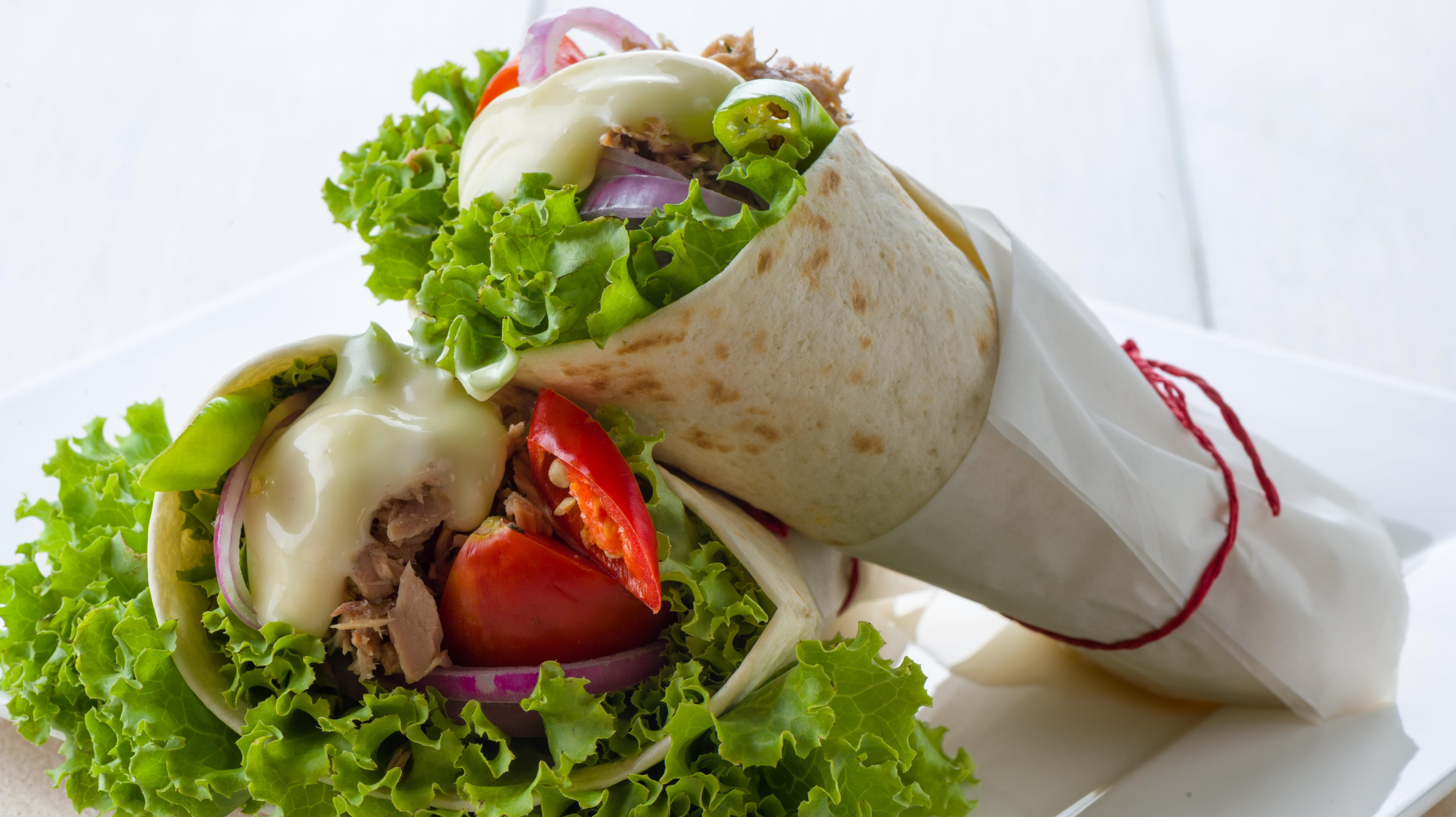Don't Think Too Hard About Whether Fast Food Is 'Healthy'
We should all know this by now, but in case you need some convincing, here it is.
A college graduate in Lexington, Virginia recently decided to eat nothing but Taco Bell for 30 days straight, an experiment to see if he can become healthier while doing so. As reported by WDBJ, an ABC affiliate, the undertaking was inspired by a 2016 article that claimed Taco Bell was one of the "healthiest" fast food restaurants.
Fast food can be many things. It can be cheap, tasty, obviously convenient, sometimes surprising—but one thing it isn't and likely will never be is "healthy." It's not designed to be. And that is totally fine.
A quick history of fast food
One factor that led to the initial fast food boom of the 1950s and 1960s is that Americans started driving a lot more, explains Adam Chandler, author of Drive-Thru Dreams, to Smithsonian Magazine. Even prior to that, in the 1920s, White Castle wowed customers with its assembly-line process for whipping out small, affordable quick-service burgers. People were fascinated by how fast the sliders were made and how uniform the process was. This speaks to fast food's core purpose: to be quick and convenient.
Chandler notes that there have been many initiatives across the decades to push fast food to change and become "healthier," but it hasn't caught on because, ultimately, the people who order it don't actually want that. He adds that many if not most people consider fast food to be a treat or an indulgence, which is at odds with the notion of food that is "good for you."
Why fast food doesn’t need to be “healthy”
The concept of "healthy food" in and of itself is already such a broad term that gets assigned—and unassigned—to so many products that its meaning is muddled. We know that toxic diet culture has tried to essentially demonize all carbs, fats, sugars, high fructose corn syrup, and a number of other elements of a perfectly normal diet.
Is there a better example of this than gluten? In recent years brands have begun boasting about the fact that its products are gluten-free—even when the items have never contained gluten to begin with, like corn tortilla chips. However, unless you celiac disease or a diagnosed sensitivity to gluten, it is not a harmful substance, and there's no health-related reason to eliminate it from your diet. Any claim to the contrary is pure marketing.
On top of that, the revelation that certain foods can be harmful if eaten in excess isn't new, and it isn't restricted to fast food. Documentary films like 2004's Super Size Me, which portrayed the alleged effects of a McDonald's-exclusive diet, carry a message that felt obvious even at the time. Variety can have a positive impact on one's diet thanks to a greater range of nutrients, but that doesn't really have much bearing on any one person's decision to order a cheeseburger, fries, and a Coke when they're hungry for those things.
Yet, even today, people are drawn to the idea of hacking their way to "healthier" fast food. Which brings us back to the UVA grad who is currently eating a month's worth of Taco Bell. He plans to make a documentary about the experience this fall—and he's not using weight as a metric for health. Instead, he wants to determine whether he can maintain his current fitness routine on the all-Taco-Bell diet.
"I don't think it's so much about the type of food or the brand of food, but it's about making healthy and informed choices when we eat," he told WDBJ.
The word "healthy" might have a slippery meaning, but it's probably best to think about "healthy" and "informed" choices this way: it's when you opt for any food that will make you feel satiated. That's what really matters, and everything else is just noise.
